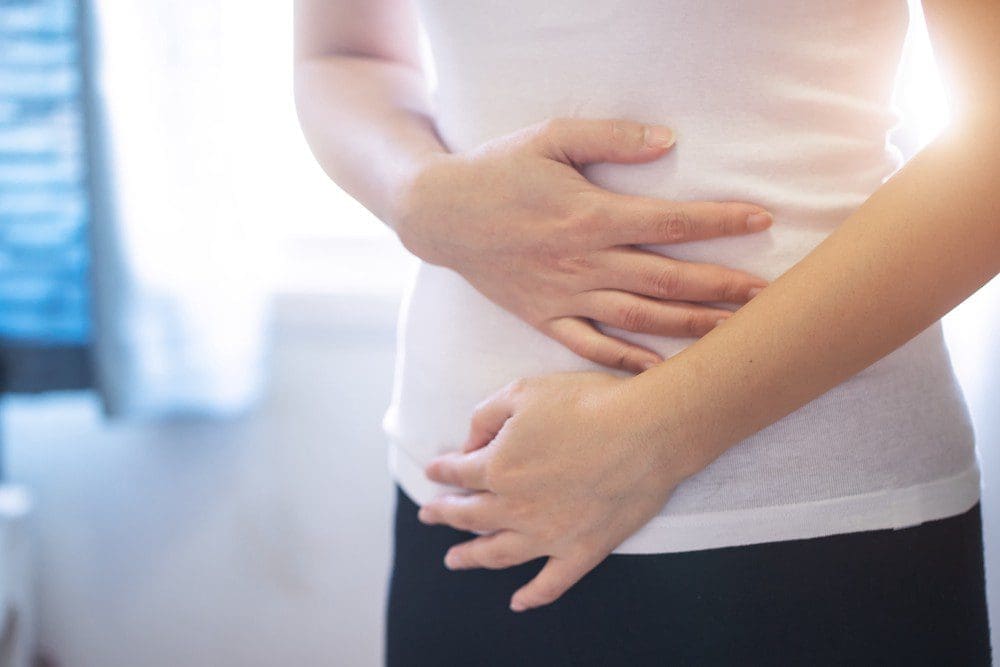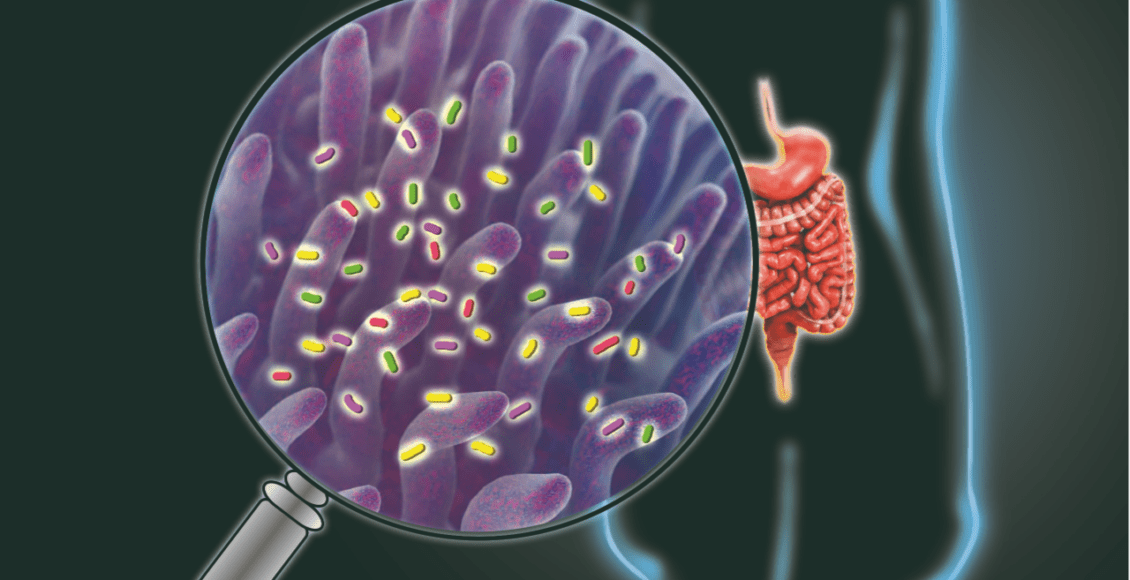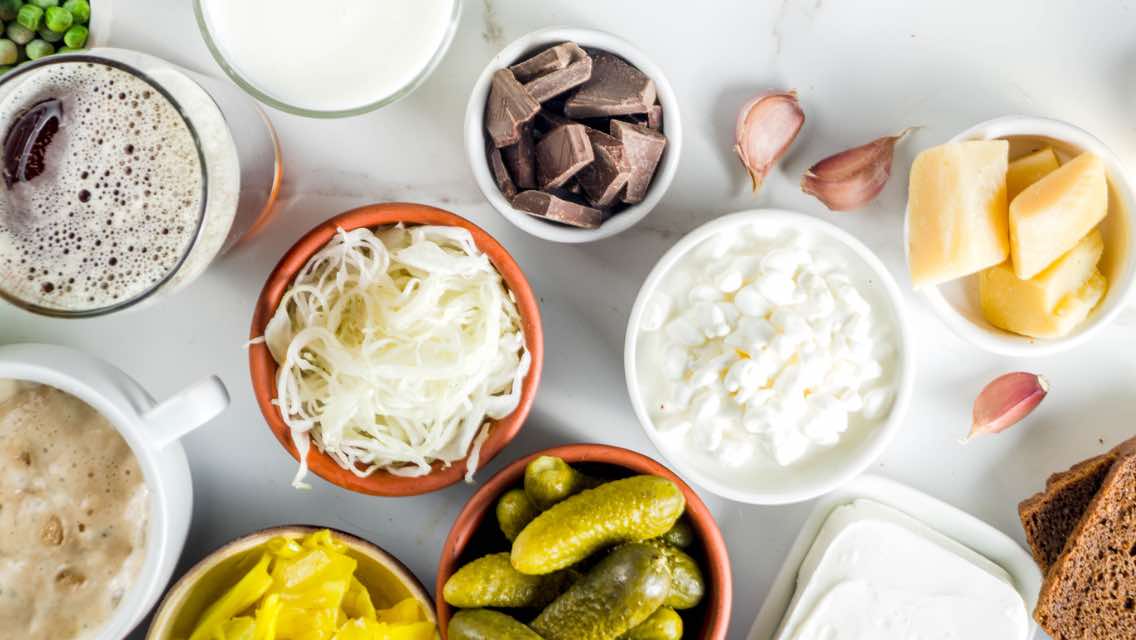Can incorporating natural probiotic foods help improve many people’s gut health and restore functionality to their bodies?
Table of Contents
Introduction
Many people trying a healthier lifestyle will start incorporating more nutritious options to ensure the body and the gut get the necessary nutrients. When it comes to gut health, many people will begin to notice how they have more energy and will also start to see how different foods can affect their health. The gastrointestinal system plays a huge role in many people’s health and wellness and is associated with many environmental factors that can impact the body. When that happens, many people can incorporate probiotics to help with gut health. In today’s article, we will dive into how gut health impacts the body, how probiotics improve gut health, and how people can incorporate probiotic-rich foods into their diet. We discuss with certified medical providers who inform our patients how incorporating probiotics can help improve gut health. While asking informed questions to our associated medical providers, we advise patients to include foods rich in probiotics to reduce overlapping risk profiles affecting the gut. Dr. Alex Jimenez, D.C., encompasses this information as an academic service. Disclaimer.
How Gut Health Impacts The Body
Do you feel sluggish and full constantly after a heavy meal? Do you notice red imperfections in your skin after eating a certain food item? Or have you experienced constant cold and flu symptoms impacting your daily routine? Many do not realize that the overlapping risk profile scenarios affecting their bodies correlate with the gut system. The gut system is the second brain in the human body and can also be impacted by pathogens and environmental factors. The gastrointestinal (GI) tract is home to abundant microorganisms that form an intricate and mutual relationship that benefits the body. (Thursby & Juge, 2017) Inside the GI tract, numerous bacteria help with food digestion and transport the nutrients to different body areas. When the gut system deals with alterations in its microbial communities, it can negatively impact the functional structures of the gut’s composition and function. (Yoon & Yoon, 2018)

This means that when bad bacteria are abundant in the gut system, it can cause the body to be dysfunctional and, over time, can develop chronic issues like inflammation and gut dysbiosis. Environmental factors like stress, poor dieting, and physical inactivity can impact the gut. They can be potentially harmful through these abnormal chances, causing the bad bacteria to overflow the good bacteria, allowing the immune system to attack the gut system. (Zhang et al., 2015) When this happens, many people start to feel symptoms of pain and discomfort in their bodies and start looking for ways to reduce these pain-like symptoms while improving their gut health.
Balance Body & Metabolism- Video
How Probiotics Improve Gut Health
When it comes to reducing pain-like symptoms in the body, it is also important to improve gut health. One way to improve gut health is by incorporating probiotics into a healthy diet. Probiotics have beneficial organisms that can provide helpful properties by stimulating the growth and activities of good bacteria in the gut. (Li et al., 2021) Probiotics can help line the gut while boosting the immune system, allowing the GI tract to absorb the nutrients a person eats. At the same time, different strains of probiotics can impact the gut barrier, the immune system, and cognitive function in the body. (Wieers et al., 2019) Additionally, many people can incorporate probiotic-rich foods into their diet.
Probiotic-Rich Foods To Try
There are some benefits when it comes to incorporating probiotic-rich foods into a diet, as probiotics play a role in hosting innate and adaptive immune responses, which occur mainly on the surface of the intestinal barrier. (Mazziotta et al., 2023) Some of the benefits of consuming probiotic-rich foods include:
- Restoring the natural balance of gut bacteria
- Strengthening immune system
- Reduces cholesterol levels
- Heals Leaky gut
Some the foods like kefir, yogurt, sauerkraut, miso, and kimchi are great examples of probiotic-rich foods as they can be incorporated into any healthy diet and can help produce a higher abundance of health-promoting bacteria to increase gut microbiome diversity and enhance a person’s activity levels. (Jager et al., 2019) When people start incorporating probiotics into their health and wellness journey, they will notice that their energy levels are maintained during their daily activities and that their gut health is optimal. As stated earlier, the gut is known as the second brain in the body, so when pathogens and environmental factors start to cause issues to the gut, the body feels it. But if probiotics are introduced to the gut, the gut and body are happy.
References
Jager, R., Mohr, A. E., Carpenter, K. C., Kerksick, C. M., Purpura, M., Moussa, A., Townsend, J. R., Lamprecht, M., West, N. P., Black, K., Gleeson, M., Pyne, D. B., Wells, S. D., Arent, S. M., Smith-Ryan, A. E., Kreider, R. B., Campbell, B. I., Bannock, L., Scheiman, J.,…Antonio, J. (2019). International Society of Sports Nutrition Position Stand: Probiotics. J Int Soc Sports Nutr, 16(1), 62. https://doi.org/10.1186/s12970-019-0329-0
Li, H. Y., Zhou, D. D., Gan, R. Y., Huang, S. Y., Zhao, C. N., Shang, A., Xu, X. Y., & Li, H. B. (2021). Effects and Mechanisms of Probiotics, Prebiotics, Synbiotics, and Postbiotics on Metabolic Diseases Targeting Gut Microbiota: A Narrative Review. Nutrients, 13(9). https://doi.org/10.3390/nu13093211
Mazziotta, C., Tognon, M., Martini, F., Torreggiani, E., & Rotondo, J. C. (2023). Probiotics Mechanism of Action on Immune Cells and Beneficial Effects on Human Health. Cells, 12(1). https://doi.org/10.3390/cells12010184
Thursby, E., & Juge, N. (2017). Introduction to the human gut microbiota. Biochem J, 474(11), 1823-1836. https://doi.org/10.1042/BCJ20160510
Wieers, G., Belkhir, L., Enaud, R., Leclercq, S., Philippart de Foy, J. M., Dequenne, I., de Timary, P., & Cani, P. D. (2019). How Probiotics Affect the Microbiota. Front Cell Infect Microbiol, 9, 454. https://doi.org/10.3389/fcimb.2019.00454
Yoon, M. Y., & Yoon, S. S. (2018). Disruption of the Gut Ecosystem by Antibiotics. Yonsei Med J, 59(1), 4-12. https://doi.org/10.3349/ymj.2018.59.1.4
Zhang, Y. J., Li, S., Gan, R. Y., Zhou, T., Xu, D. P., & Li, H. B. (2015). Impacts of gut bacteria on human health and diseases. Int J Mol Sci, 16(4), 7493-7519. https://doi.org/10.3390/ijms16047493
Disclaimer
Post Disclaimer
Professional Scope of Practice *
The information on this blog site is not intended to replace a one-on-one relationship with a qualified healthcare professional or licensed physician and is not medical advice. We encourage you to make healthcare decisions based on your research and partnership with a qualified healthcare professional.
Blog Information & Scope Discussions
Welcome to El Paso's Premier Wellness and Injury Care Clinic & Wellness Blog, where Dr. Alex Jimenez, DC, FNP-C, a board-certified Family Practice Nurse Practitioner (FNP-BC) and Chiropractor (DC), presents insights on how our team is dedicated to holistic healing and personalized care. Our practice aligns with evidence-based treatment protocols inspired by integrative medicine principles, similar to those found on this site and our family practice-based chiromed.com site, focusing on restoring health naturally for patients of all ages.
Our areas of chiropractic practice include Wellness & Nutrition, Chronic Pain, Personal Injury, Auto Accident Care, Work Injuries, Back Injury, Low Back Pain, Neck Pain, Migraine Headaches, Sports Injuries, Severe Sciatica, Scoliosis, Complex Herniated Discs, Fibromyalgia, Chronic Pain, Complex Injuries, Stress Management, Functional Medicine Treatments, and in-scope care protocols.
Our information scope is limited to chiropractic, musculoskeletal, physical medicine, wellness, contributing etiological viscerosomatic disturbances within clinical presentations, associated somato-visceral reflex clinical dynamics, subluxation complexes, sensitive health issues, and functional medicine articles, topics, and discussions.
We provide and present clinical collaboration with specialists from various disciplines. Each specialist is governed by their professional scope of practice and their jurisdiction of licensure. We use functional health & wellness protocols to treat and support care for the injuries or disorders of the musculoskeletal system.
Our videos, posts, topics, subjects, and insights cover clinical matters and issues that relate to and directly or indirectly support our clinical scope of practice.*
Our office has made a reasonable effort to provide supportive citations and has identified relevant research studies that support our posts. We provide copies of supporting research studies available to regulatory boards and the public upon request.
We understand that we cover matters that require an additional explanation of how they may assist in a particular care plan or treatment protocol; therefore, to discuss the subject matter above further, please feel free to ask Dr. Alex Jimenez, DC, APRN, FNP-BC, or contact us at 915-850-0900.
We are here to help you and your family.
Blessings
Dr. Alex Jimenez DC, MSACP, APRN, FNP-BC*, CCST, IFMCP, CFMP, ATN
email: coach@elpasofunctionalmedicine.com
Licensed as a Doctor of Chiropractic (DC) in Texas & New Mexico*
Texas DC License # TX5807
New Mexico DC License # NM-DC2182
Licensed as a Registered Nurse (RN*) in Texas & Multistate
Texas RN License # 1191402
ANCC FNP-BC: Board Certified Nurse Practitioner*
Compact Status: Multi-State License: Authorized to Practice in 40 States*
Graduate with Honors: ICHS: MSN-FNP (Family Nurse Practitioner Program)
Degree Granted. Master's in Family Practice MSN Diploma (Cum Laude)
Dr. Alex Jimenez, DC, APRN, FNP-BC*, CFMP, IFMCP, ATN, CCST
My Digital Business Card



